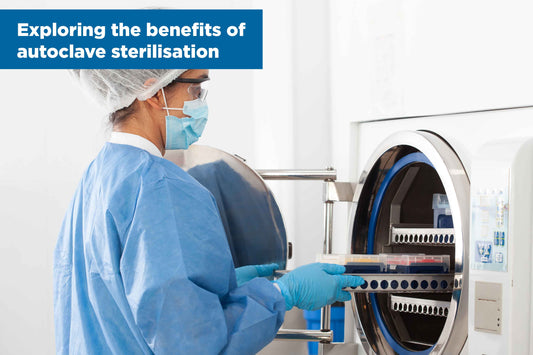Since the release of issue nine of the BRC Global Standards in August 2022, it may feel like you and your business are still catching up. In our last webinar we discussed some of the changes in issue nine and some of the non-conformances that are still being seen following the update.
Campden BRI have since released the top BRCGS non-conformances in the food production sector. See how many may be affecting your business right now…
The top three majors
1. Audit due dates (1.1.10)
One of the biggest reasons for non-conformance is administration. Delays in submission of paperwork – specifically the time between submission of audit paperwork and audit due dates – could lead to certification expiry prior to the site’s next audit taking place.
Paperwork should, as standard, be submitted well in advance to avoid being caught out by delays beyond a site’s control.
2. Factory cleanliness and hygiene (4.11.1)

Clause 4.11.1 requires:
“The premises and equipment shall be maintained in a clean and hygienic condition.”
One of the most common major, and minor, non-conformances, factory cleanliness and hygiene should be at the top of any site’s priority list. Although not always possible to meet every cleanliness requirement, a site should always have practical measures in place to facilitate a clean, hygienic environment and be able to demonstrate compliance to the hygiene plans you have set out.
3. Pest management (4.1.4.1)

The subject of our latest FREE webinar, pest control and management will always be deemed a major (rather than minor) non-conformance due to the potential food safety impact.
Making sure you have the most up to date pest management equipment, are using the correct pesticides and rodenticides for your area and generally maintaining a robust pest management plan, are major requirements in avoiding food safety impacts and non-conformances.
The top minors
1. Factory cleanliness and hygiene (4.11.1)
A requirement so important it makes the list twice.
Since February 2023, clause 4.11.1 has been the most common minor non-conformance and continues to generate a higher proportion of both major and minor non-conformances than any other clause.
2. Chemical control (4.9.1.1)
One of the most common reasons for a 4.9.1.1 non-conformance is inadequate labelling of chemicals stored in a facility. While easy to fix, it is clear that such procedures need to be made clearer and more robust in many sites.
Other common non-conformances in this area may relate to the usage of chemicals that are different from those recommended by the supplier. Keeping to supplier recommendations and making sure clear and accurate labelling procedures are in place can go a long way to making sure your site conforms to this clause.
3. Equipment design and construction (4.6.2)

As discussed in our previous blog, section 4.6 clauses were all introduced as part of the issue nine standard.
If your hygienic furniture and equipment passed a previous audit – even as recent as issue eight – that does not guarantee that it meets the requirements of issue nine, so could raise a non-conformance.
Having rigorous purchasing criteria and regular reviews of your furniture and equipment, you can make sure that you conform to clause 4.6.2 and don’t get caught out in future audits.
Partnering with a knowledgeable supplier – like here at Teknomek – can also help keep your equipment and furniture audit-ready.
Creating a food safety culture to combat risk

One of the stand out reoccurrences in all the major and minor non-conformances is the need for vigilance and robust procedures. While each site may have their own procedures and teams tasked with monitoring things like chemical control, hygiene and pest management, one of the main reasons why these sites could still fail audits could be the lack of a food safety culture in their business.
A previous blog focused on creating a culture from the top down, which is one of the main ways to solidify a food safety culture in your business. If those at the top don’t care about hygiene, why should the factory operatives?
Building a food safety culture is based on a shared commitment amongst all employees towards maintaining hygiene standards and producing safe and high quality products. A regime of regular training can improve the knowledge of all employees in the business and help bring a sense of ownership to the process.
The employment or consultation of experts in pest control, hygienic furniture, clean down procedures and procurement can sure up existing processes and help maintain an audit ready food safety culture throughout the business.
If this culture and robust processes are in place, then you can protect yourself from any of the top non-conformances, and keep your business from the top of the list.




